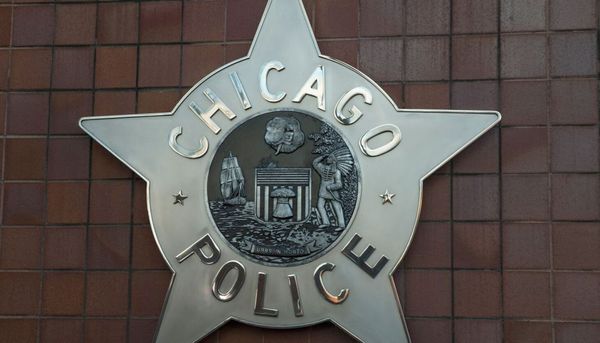Baltimore’s days of residents and reporters listening to live police radio traffic, monitoring developments in real-time, are numbered.
Beginning Thursday, the Baltimore Police Department is encrypting its radio traffic and implementing a 15-minute delay on live radio broadcasts available only on the Broadcastify platform, accessible online or via mobile app.
Old scanners will no longer pick up the police radio signal, officials said. Interested listeners will instead have to use Broadcastify, which comes at no cost to the department or to members of the public. A paid premium subscription to the site allows for access to archived radio footage.
Police officials said Thursday the move would enhance officer safety by preventing suspects from hearing strategies or monitoring the real-time activities of officers — while also maintaining transparency for the public. Baltimore Police won’t have access to alter or edit the radio transmission before it goes to Broadcastify.
The move by Baltimore Police follows other large agencies across the country, including in Denver, Chicago, Washington, D.C., Louisville, Nashville, Las Vegas, New Orleans and cities in California. It’s also under consideration in cities such as New York City and Indianapolis.
Louisville Metro Police, like Baltimore Police, implemented a 15-minute delay last year, saying it would allow officers to “keep scenes as safe as possible.” Others have opted to encrypt the transmissions entirely, or to block them off to everyone except for some media outlets.
Baltimore officials said they had discussed encrypting the radio broadcast altogether and giving “trusted media partners” a radio to listen live, but determined the “best route” was to ensure access to the transmissions for the entire public — just on a delay.
“This is the way we feel like we can strike a balance. We’re ensuring we’re protecting our officers, ensuring that the radio transmissions are still accessible and transparent to the public. But again, doing it in a way that’s much more modernized, and in a practice that matches other large jurisdictions,” said Eric Melancon, Baltimore Police’s deputy commissioner of the compliance bureau.
Melancon said the department had consulted with the U.S. Department of Justice and the city’s consent decree monitoring team, both of which play a role in the city’s 2017 consent decree with the federal government to address unconstitutional policing practices identified in a 2016 report. The DOJ and monitoring team, he said, found the move was “in alignment” with the consent decree’s goals of transparency.
All radio communications will be available on the 15-minute delay, with one exception: The department’s Special Weapons and Tactics team, known as a SWAT team, will not be broadcast, officials said.
The “timed encryption,” police said, will additionally make communicating with other law enforcement agencies easier, since some partner agencies already have encrypted radio transmissions.
The move has led to pushback in other cities from transparency advocates, such as journalism groups. The Radio Television Digital News Association, a professional organization for broadcast and digital journalists, for example, has said the consequence of encryption is to “prevent the public from accessing information about the activities of police in real-time.”
“These communications provide individuals and newsrooms with essential updates on issues happening in their communities, such as violent crime, hazardous conditions or officer-involved shootings,” the organization said on its website. “The move to encrypt police scanners puts the public — and the newsrooms that serve them by seeking and reporting the truth — at risk.”










